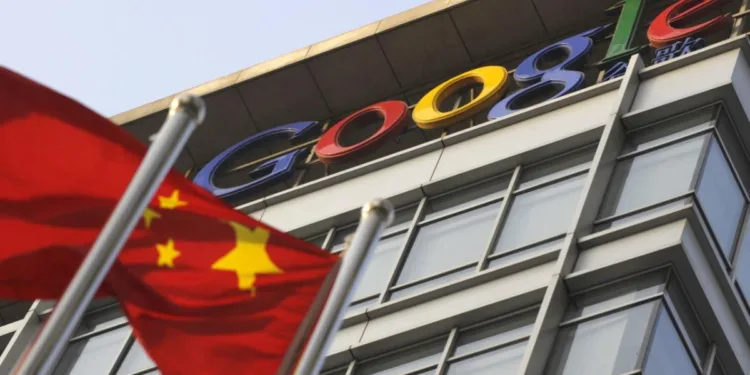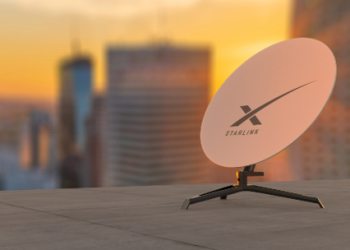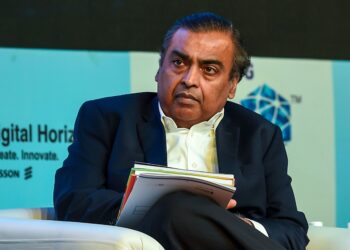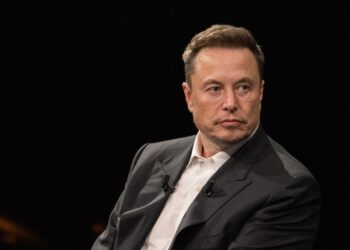Leon Ding, a 38-year-old Chinese national, has been charged for stealing information about the company’s advanced technologies while planning to set up his own company in China.
The Chinese national was apprehended in Newark, California, and accused of committing four counts of trade secret theft.
Officials from the Justice Department emphasized that this case signifies the US government’s commitment to thwarting any efforts to unlawfully transfer advanced US technologies to China. They highlighted the backdrop of a Cold War-like technological competition between Washington and Beijing, underscoring the importance of vigilance in safeguarding sensitive technologies.
“The Justice Department will not tolerate the theft of artificial intelligence and other advanced technologies that could put our national security at risk,” US Attorney General Merrick Garland said in a statement.
READ ALSO: Consider These before Investing in Transport Business
In a federal court indictment filed in San Francisco, it was disclosed therein that Ding joined Google as a software engineer in 2019, contributing to the development of the company’s supercomputing data centers. His role involved creating software to enhance machine learning and AI applications for Google’s clientele.
Prosecutors alleged that Ding began transferring confidential Google data to a personal Google Cloud account in May 2022, accumulating over 500 files by May 2023. The charges of trade secret theft pertain to chip architecture and software design specifications for “tensor processing units” and “graphics processing units,” fundamental components of supercomputing facilities.
While still employed at Google, Ding assumed the position of chief technology officer at Beijing Rongshu Lianzhi Technology, a China-based AI firm, and established another China-based company, Shanghai Zhisuan Technology, without disclosing these endeavors to Google, as outlined in the indictment.
The FBI executed a search of Ding’s residence on January 6, confiscating his electronic devices and other pertinent evidence. The investigation into Ding was conducted by the Justice and Commerce departments’ Disruptive Technology Strike Force, established to safeguard U.S. technologies from acquisition by “authoritarian regimes and hostile nation-states.”
US drive to lead in AI
Both the US and China consider AI a pivotal emerging technology with vast potential to enhance economic productivity across civilian sectors and to furnish critical capabilities for military and intelligence operations. President Joe Biden‘s issuance of an AI executive order last year underscores America’s commitment to maintaining a competitive edge in AI development, particularly against countries like China that are also prioritizing AI advancement.
The executive order signifies a strategic initiative to bolster research, innovation, and investment in AI technologies within the US. It aims to stimulate collaboration among government agencies, private industries, and academic institutions to propel AI research and development forward. By fostering a conducive environment for AI innovation and adoption, the executive order seeks to ensure that the US remains at the forefront of AI advancements globally.
The government’s proactive approach to AI reflects its recognition of the transformative potential of this technology across various domains, including healthcare, transportation, cybersecurity, and national defense. By strategically harnessing AI capabilities, the US endeavors to drive economic growth, strengthen national security, and maintain leadership in the global technological landscape.










